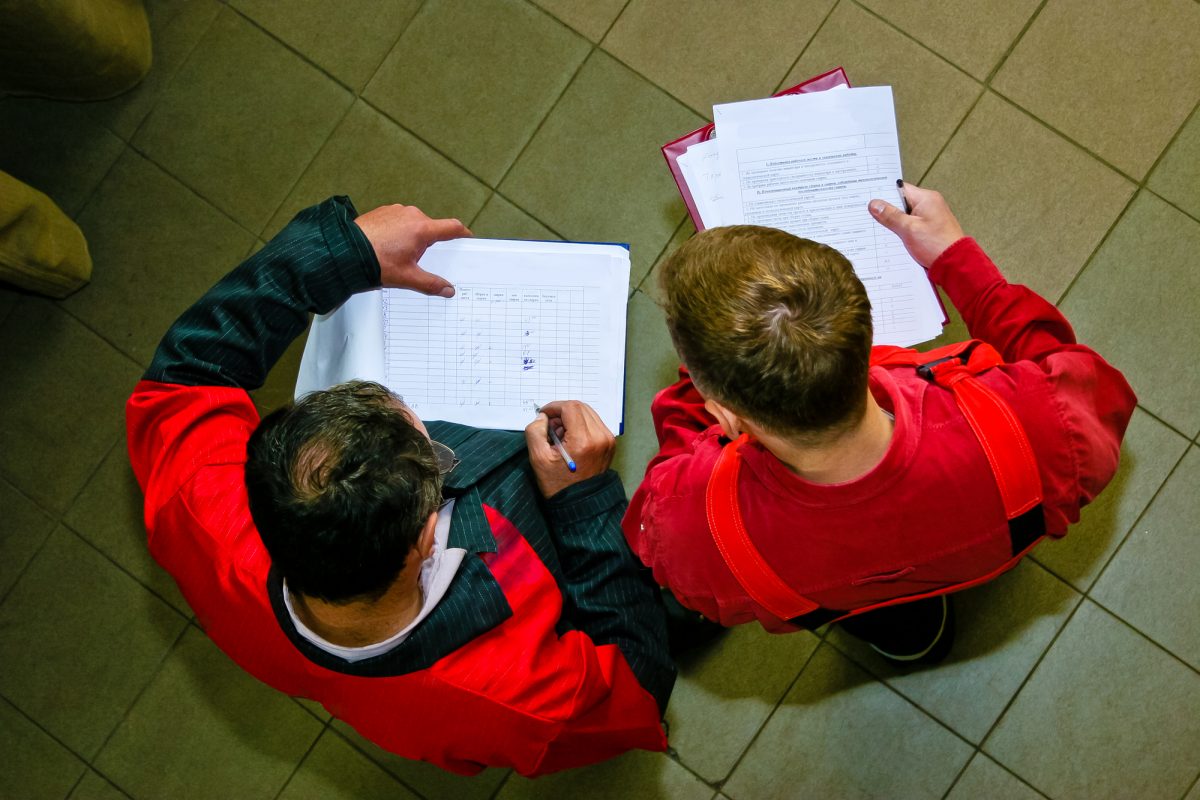For those unfamiliar with the term “home energy audit,” it’s an evaluation of how existing residential properties perform compared to current house standards and requirements.
It employs an analytical technique that incorporates a year’s worth of utility data as well as important behavior use queries. These data sets are sent to a computer, which then determines what can be done to increase convenience and utility cuts in some of the most cost-effective ways.
This audit is a strategic optimization plan; it will inform you which improvements are urgent, which can wait, and which should be planned for in the coming years.
In fact, the single most significant thing in the field of power efficiency is an energy audit. Without it, you are merely speculating on what is amiss at home.
The Home Energy Audit Procedure

An audit begins with the homeowner obtaining utility consumption details from their utility suppliers. Our staff will then interview the homeowner about how the house is managed, how many people live there, which rooms are problematic, and when the problem occurs.
Following this introduction, we will then arrange the blower door and perform a thermal imaging scanning. We will also enter the attic, investigate the crawlspace, and look at the foundation, drywall, as well as HVAC heating systems.
Once we enter the attic, we will photograph the inner and exterior wall upper plates to determine how well or poorly they are insulated. Plumbing and electrical lines entering the home through holes are also examined.
We also inspect the eave and peak circulation to ensure that we can impede or block the incoming air. We then take measurements to ensure that you have adequate intake and exhaust circulation.
After we have gathered all of those data points, we will evaluate the house so we can estimate any work you will need to be accomplished. We also examine every room to see if the duct system is coordinated.
Finally, we do a comprehensive combustion appliance zone hazard examination to check that there’s no leaking gas equipment on the property.
However, it’s important to emphasize that we really don’t want to leak gas equipment inside the fully sealed home. Therefore, we conduct a test throughout the audit and again after all the other tasks are done.
